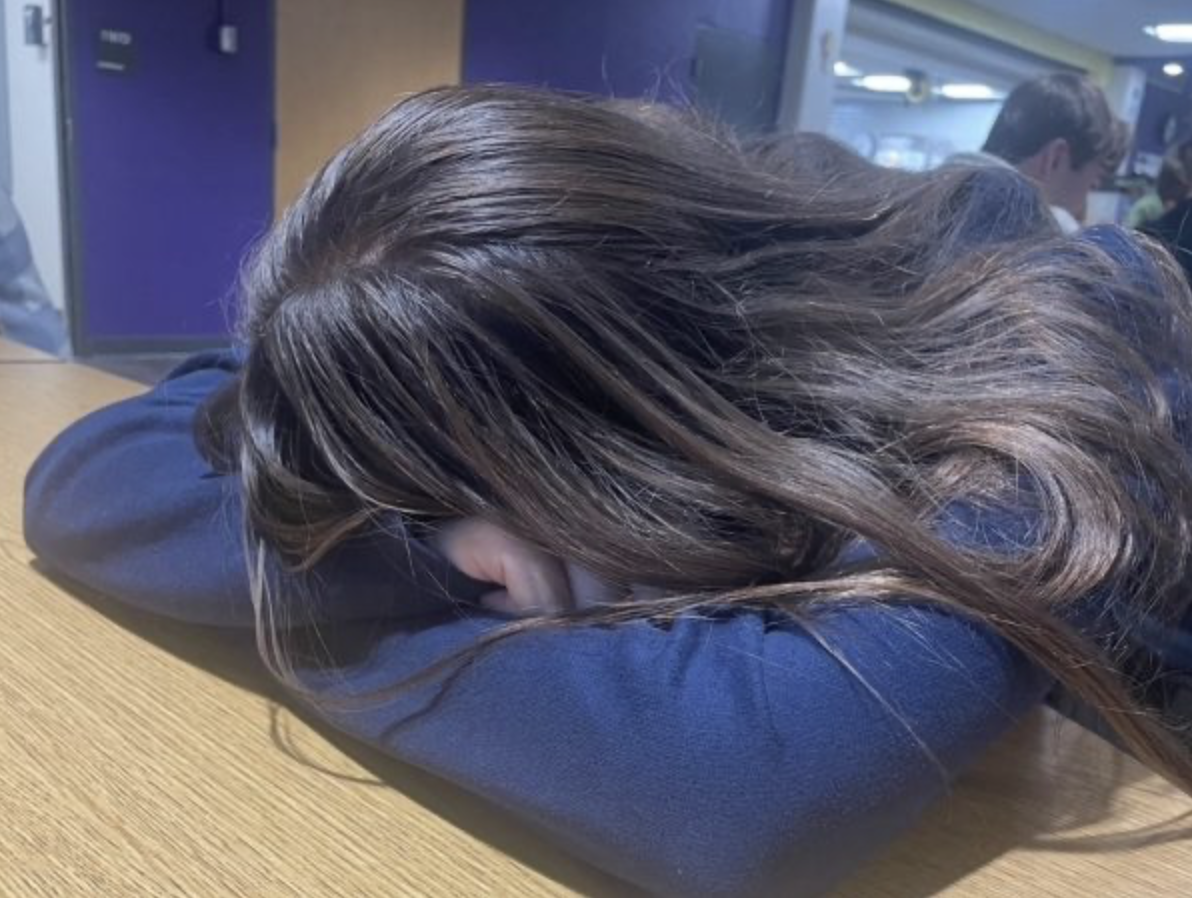You may have heard about how important sleep is from your mom, your doctor, your coach, that random lady on the train who can’t mind her own business. But if you don’t get enough sleep, it may have more effects on you than being tired.
Your body needs sleep to repair muscles that you train during the day. It can help you prevent serious injuries. Bronwyn Griffiths writes about a sleep study in an article for Polar.com. “A 2011 study from Brazil followed the sleep schedule of two groups of people over 72 hours,” says Griffith, “One group was only allowed 5.5 hours of sleep per day, while the other was allowed 8.5 hours. The difference between them was significant. The first group had 60% less muscle mass after three days, while the second group had 40% more.”
When you are asleep, your body releases a hormone called HGH, or Human Growth Hormone. HGH is the major growth regulator in the body. According to an article by Genentech, “HGH also triggers the release of the insulin-like growth protein, which stimulates the growth of bone, muscle, and other tissues.” This protein is crucial for muscle growth in both childhood and adulthood, and it ensures proper bone density. This helps our muscles grow and repair while they are not in use. This is particularly critical for athletes, as their sports depend on them being at peak performance.
Furthermore, getting sleep will help your immune system. Ever wonder why your parents tell you to sleep when you are sick? The sleep you get when your body is sick allows you to focus on fighting the illness.
The average teenager should get 8-10 hours of sleep per night. From a poll of 75 students: 40% of the students said they get 7 hours of sleep each night, and another 21% said they get 6 hours. This means that 61% of students at Boulder High School get 1-2 fewer hours of sleep than recommended. Additionally, 54 of the 75 students say that they stay up late because they are trying to get homework and schoolwork done.
Over multiple nights of 1-2 hours less sleep than needed, your ability to function suffers. If you are in class for a long period of time, for example, and you don’t remember part of it, you may have just experienced an effect of sleep deprivation, not memory loss.
In addition, a lack of sleep can have negative long-term effects. Beta-amyloid is a harmful protein associated with Alzheimer’s disease, and when the brain does not sleep, this protein will build up over time.
Teenagers often struggle to get the ideal amount of sleep. However, sleep is a crucial aspect of human life, and without it, there can be drastic consequences.



